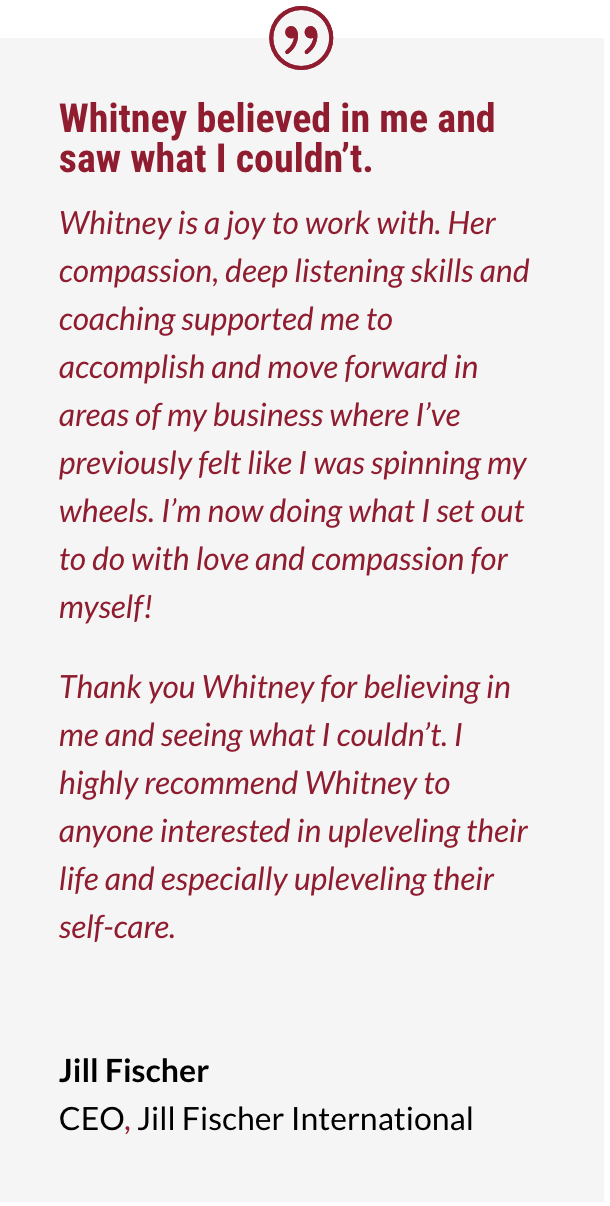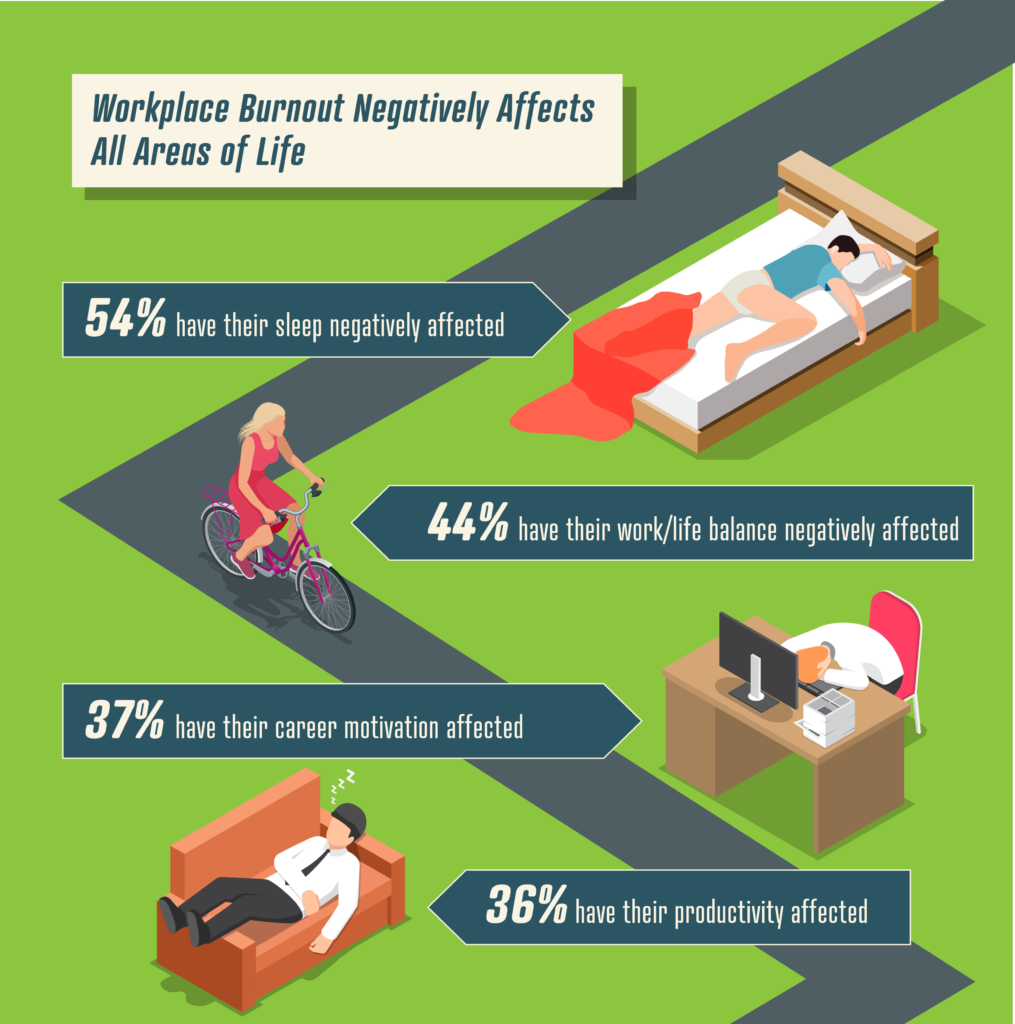Asking For Help Is Hard. Here’s Why. (And What You Can Do About It.)
“Sometimes asking for help is the bravest move you can make. You don’t have to go it alone”
~ Anonymous
Do you admit to yourself when you need help?
How about asking for it?
Right now with coronavirus knocking the economy on its side do you seek a helping hand? Or do you stay silent to save face?
You are only one woman. And yet… you try to carry the world on your shoulders.
Why is this?
“So I can prove that I can do everything by myself.”
But is claiming sole ownership of that achievement worth it when exhaustion, overwhelm and anxiety are the tradeoffs?
Yet you and so many women embark on this lonely path.
…which raises the question…
Why don’t we ask for help?
We’re Taught to Do Everything On Our Own
This internalization is largely owed to our society and culture.
American culture is pulling yourself up by your bootstraps. Taking care of business. Paving your own way.
Next, we have the idealization of the independent woman. She can have it all — fame, power, prestige, wealth. She does it on her own. She doesn’t need help from any man.
So here’s the thing.
Achieving your goals and creating the life you desire is absolutely possible. However, that shouldn’t suggest that you must do it alone.
Independence can be virtuous. But so can balance and vulnerability. Asking for help lets you maintain that balance between getting where you want to go and preserving your health.
And there is so much support out there. Even now, you’ll find volunteers and aid programs for those affected by the recent coronavirus outbreak.
All you have to do is ask.
Here’s how…
4 Steps to Asking For Help (So You Don’t Burnout)
Step One: Understand the Costs
Women, let’s face it.
We’re busier than ever. You’re a career woman, caregiver, wife, homemaker, mother, and more. With each task you pile on your to-do list or squeeze into your calendar, you give something up.
- Your time and energy are spent
- Your physical endurance is battered
- Your mental well-being is drained
- Your relationships suffer
- Your mood takes a nosedive
This is what awaits you if you go too long without self-care and the occasional helping hand.
You’re treading a dangerous path to burnout.
Perhaps you already know this. Yet, why do you refuse help when you desperately need it?
Step Two: Identify the Misbeliefs
Asking for help has a poor reputation because of the negative stigmas attached to it. Does any of this sound familiar to you?
“People who need help are weak.”
You may have been led to believe that only weak women rely on others.
Women who can’t do it by themselves aren’t enough — they lack the grit, the strength, or the resources.
If you want to be strong and independent, you need to do it on your own.
“I need to be in control.”
You’re a perfectionist.
You set unrealistic (and often exhausting) standards for yourself. The only way you can fulfill these standards is if you micromanage or do everything yourself.
To ask for help is to surrender control.
“I don’t want to feel like a bother.”
“The choice to help another person,” says social psychologist Dr. Heidi Grant, “is often . . . about how you see yourself and how helping will make you feel.”
You hate inconveniencing others. You’re not worth somebody else’s time and energy.
Everybody has their own problems to deal with and they’re doing it on their own.
What makes you different? Why do you get special treatment?
These insidious misconceptions about asking for help have been internalized by women for years.
What other misconceptions do you have about asking for help? Share them in the comments below.
Now that we’ve brought these misconceptions to light, it’s time to show them the door.
Step Three: Shift Your Perspective
How do you unravel beliefs that are so deeply embedded in your psyche? It starts with shifting your perspective.
Asking for help is not a sign of weakness. It’s not about control. It’s not about feeling like a burden.
Here’s the truth:
Asking for help is brave.
It requires a level of self-awareness that makes most people uncomfortable. Admitting to yourself and to others that you can’t do it on your own opens you up to vulnerability.
But vulnerability, when it comes to asking and receiving help, can feel liberating.
Asking for help is brave. It requires a level of self-awareness that makes most people uncomfortable. Admitting to yourself and to others that you can’t do it on your own opens you up to vulnerability. Share on X
Help from the right people will enable you to thrive.
As a recovering perfectionist, I am familiar with the obsession for control.
I now realize — after burning myself out several years ago — that control is an illusion.
Help from others doesn’t impede your goals. Help from the right people, rather, encourages you to grow into a happier and healthier you.
You are worthy of help and compassion.
Asking for help is not a plea for special treatment.
It’s a request for compassion and aid during a time that you need it.
If you suffered loss of income due to the coronavirus pandemic…
If you’re so busy that you don’t have time for yourself…
If you feel alone and need somebody to talk to…
It’s time to ask for help.
And if you think that you’re unworthy of compassion and aid, you’re mistaken. I’m telling you now that you are worthy.
Step Four: Ask for Help or Delegate
There are two ways to receive help: ask for it or delegate.
Delegating is often a word you associate with business. Management will delegate sections of the project to their staff. If you’re a businesswoman, try experimenting with delegation. You can hire a personal assistant to handle administrative tasks like email and customer support. Or you can hire someone with a specialized skill, like accounting or copywriting.
Delegation also works in your home life. If you have children, for example, try delegating household chores. Or perhaps you cook dinner but delegate the grocery shopping to your significant other.
Delegation can make you feel empowered — maybe that’s why more women are comfortable with appointing duties instead of asking for help.
But asking for help, as we’ve discussed, is still important for your well-being. Explain your struggles and then communicate how you would like to manage your overwhelm.
If you’re swamped at home, sit down and talk with your significant other. Share how you feel and what you need, while staying kind but assertive. If you just started working from home but you’re struggling with the transition, seek resources on how to better adjust.
Extending a Helping Hand
If you’ve been struggling with overwhelm and signs of burnout, know that I’m here.
Right now, especially, can feel scary. COVID-19 is splashed across every news outlet and the future is uncertain.
Yet much about coronavirus is beyond your control.
Something you can influence, though, is how you cope with it. If you’re feeling overwhelmed by your present circumstances, it may be time to seek additional support.
If you’re ready to ask, I’m ready to extend a helping hand with my complimentary “Overcoming Overwhelm” Discovery session. In this 60-minute consultation you’ll:
- Reveal a clear and compelling vision of what else is possible for your life when you no longer have so much on your plate and are enjoying your life again
- Get simple and practical tips for how to break free from your symptoms of overwhelm
- Tap into greater energy and inspiration
- Explore how having a partner on your journey will provide a shortcut to all that you desire.
Click here now to sign up for a complimentary “Overcoming Overwhelm” Discovery session.
Whitney believed in me and saw what I couldn’t.
Whitney is a joy to work with. Her compassion, deep listening skills and coaching supported me to accomplish and move forward in areas of my business where I’ve previously felt like I was spinning my wheels. I’m now doing what I set out to do with love and compassion for myself!
Thank you Whitney for believing in me and seeing what I couldn’t. I highly recommend Whitney to anyone interested in upleveling their life and especially upleveling their self-care.





